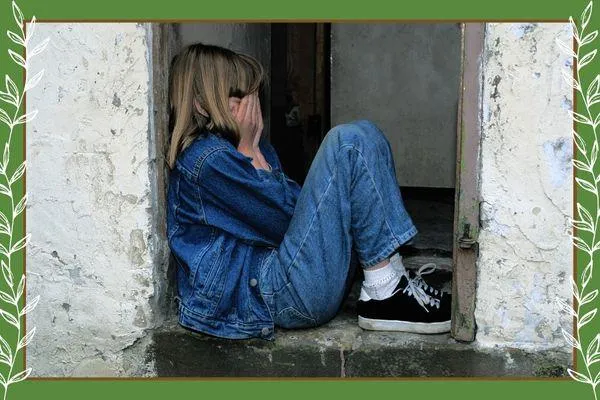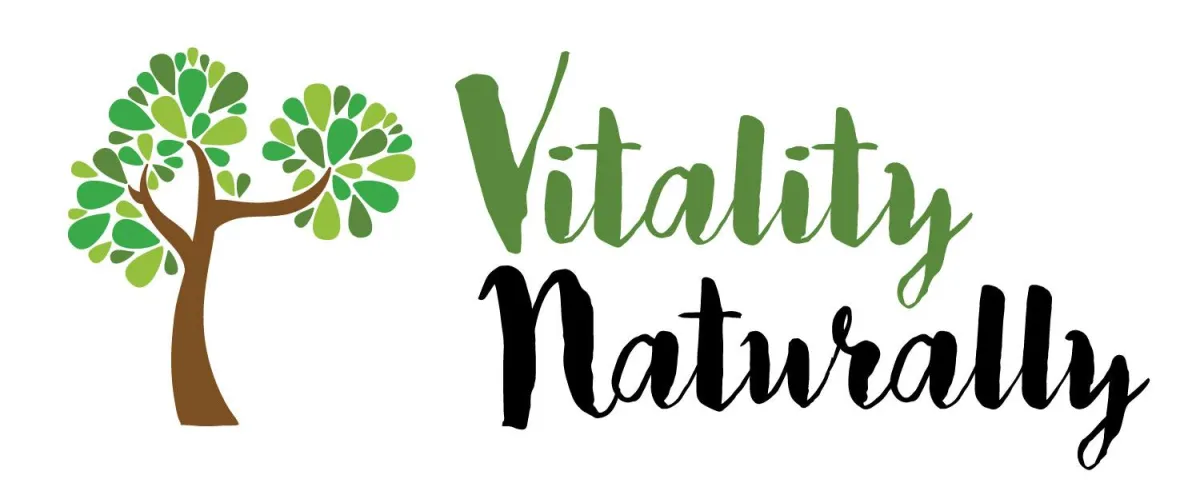Blog
Words of wisdom to inspire you...
Blog
Words of wisdom to inspire you...

What's your anger really about?
“Anyone can become angry. That is easy. But to be angry with the right person, to the right degree, at the right time, for the right purpose and in the right way – that is not easy.” ~Aristotle~
Anger. How do you feel about it? How do you respond or react when you feel it? And, how do you respond or react when you’re on the receiving end of it?
If you’re curious to discover how anger is a healthy emotion, and a valuable signpost, this is the perfect article for you.
Understanding anger has been a big part of my healing journey. It is only recently, in my 40’s, that I can experience & process it in a healthier way.
As a child, it’s an emotion I learned to fear and repress.
Repression happened so automatically, I bypassed anger completely. What I didn’t realise was that in bypassing anger, I was missing key information about my situation and boundaries, along with the motivation to change it.
This sustained pattern of repression eventually manifested in depression, feelings of guilt, self-judgement, self-isolation, binging on comfort food, and avoiding conflict by any means possible.
Childhood environment
I grew up in a volatile and unpredictable environment, which led to fearing anger & conflict of any kind.
My Mum, a sufferer of debilitating mental health issues, would fluctuate between deep depression, hedonistic highs and explosive spiteful, angry outbursts. I would witness her goading romantic partner(s) to the very edges of their patience, almost as if she wanted to elicit an anger from them, so that she could retaliate. I would witness screaming matches, door slamming, and even physical violence.
And, not to mention the fear and unpredictability of being on the receiving end of her anger. The safest thing was to be compliant, obedient, and quiet, appeasing her every whim.
To confuse matters, it was ok for her to be angry, but any expression of my own was considered defiant and disobedient, prompting some sort of physical punishment and banishment to my bedroom.
Anger as a healthy emotion
What I didn’t understand back then is that:
Anger is a healthy and necessary emotion
It can be expressed in a healthy way
Anger & aggression are separate. You can be angry without being aggressive.
Feeling anger doesn’t mean you need to ‘act out’ on it
I’m curious what you’re thinking and feeling as you read this? And if it’s made you think about your own experience of anger?

Evidence suggests that sustained repression of anger can lead to depression, a chronically shut down nervous system and even self-loathing. It’s as if the unprocessed anger is turned inwards towards oneself.
In Dr. Gabor Mate’s book “When the Body Says No” he explains that the healthy experience of anger is one of the seven A’s of healing. He states: “Sometimes the biggest impetus to healing can come from jump starting the immune system with a burst of long-suppressed anger.”
Learning to process anger healthily is critical for your emotional wellbeing, and for the health of your relationships. It has been a key for my recovery from depression.
Acting out aggressively as a reaction to anger, happens when we don’t have the capacity or skills to process the emotion. Suppression of it (as was my coping strategy) is the opposite end of the scale.
It’s the same for any emotion: When we don’t know how to process it, we will either push it away outside of ourselves (deflection), or bury it deep within (repression).
Anger as a valuable signpost

Anger is a valuable signpost to threats in the environment. It mobilizes you to fight or flee for survival.
It tells you where a boundary has (or is about to) be violated.
It shows you what’s important to you. Maybe you’re passionate about a particular cause, and you feel anger when you witness something that goes against it.
Anger can be a mask covering other deeper emotions such as sadness, loss, hurt and grief. A type of protection against feeling potentially overwhelming emotions.
Anger can surface when we feel helpless, as a means of trying to mobilize us out the situation.
In the book ‘Adult Children of Emotionally Immature Parents’, by Lindsay C. Gibson, she talks about John Bolby’s work. He documented anger as a common response in children when separated from their parents. It was observed to be an adaptive reaction to feelings of abandonment.
Ultimately, anger mobilizes us to protest and change the situation we find ourselves in. It is designed to protect us. Learning to experience and respond healthily is the key.
How can anger be experienced healthily?

I recognise this might feel like a strange concept at first. Or it might not feel safe initially.
If you do feel safe to give this a try, the invitation is to approach with curiosity when you notice anger arising (excluding situations where you are physically threatened).
Where do you feel it in your body?
What are the sensations?
What are the thoughts, feeling and sensations that arise with it?
Are you noticing self-judgement about feeling angry? Are there other emotions that accompany it, such as guilt or fear?
If you feel safe to do so, speak aloud what you are experiencing. Or, it might be helpful to have a notebook nearby to write down your experience.
Can you open a conversation with the anger? Ask it:
Why are you here?
What message do you have for me?
What are you trying to protect me from?
You might be surprised by what you find. In gleaning this powerful information, you can make informed decisions on the next steps to take, including who you need to communicate with and how.
Breathe deep, slow breathes to support your nervous system throughout, to counteract the potentially shallow fast breathing that anger could cause.
Final thoughts
This article isn’t about pathological levels of anger, and it’s not about where you find yourself in a physically threatening situation.
If you feel as though your anger is disproportionate to the situation, it could be an activation of something from the past. Use this as part of your inquiry in the exercise above.
Try to notice where you might be condemning anger as a bad or naughty emotion, and instead use the wisdom that resides within to understand what’s really going on.
Practicing emotional hygiene in this way, and building your emotional competence are acts of radical self-care in today’s chaotic world. In doing so, you are empowered to live a more enriched life, filled with wellness, vitality & joy.
If you’re ready to let go of repressed anger, and other trapped emotions from the past, through compassionate, transformational coaching, you are invited to book a free 30-minute consultation call to discover how I can help. Simply click this link to book.
FREE DOWNLOAD




